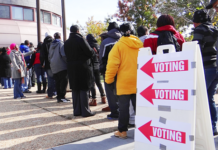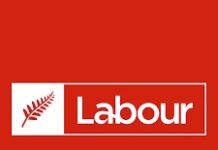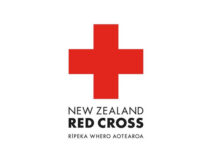 Auckland, 21 October – Auckland Council’s Regulatory and Bylaws Committee adopted a draft Air Quality Bylaw today to tackle Auckland’s air pollution. The proposed bylaw has been recommended as a way of meeting national air quality standards, as required by the Government.
Auckland, 21 October – Auckland Council’s Regulatory and Bylaws Committee adopted a draft Air Quality Bylaw today to tackle Auckland’s air pollution. The proposed bylaw has been recommended as a way of meeting national air quality standards, as required by the Government.
In winter, 75 percent of Auckland’s air pollution is due to fine particulate emissions (PM10) from open fires and old, non-compliant wood burners. The inhaling of fine particles – which can lodge…… in the lungs – has raised the level of respiratory illness in the region, a surprise to many who thought that vehicles or industry pollution was to blame. The proposed Air Quality Bylaw will focus on the management of indoor fires to reduce the emissions of these fine particles into our air. It is hard to comprehend that the warmth emanating from that wood fire we enjoy on a cold winter night is the cause of serious health issues. By concentrating on the air pollution culprit in winter – indoor fires – we will not only achieve cleaner air, we will be well on our way to meeting national air quality standards,” says Calum Penrose, Chair, Regulatory and Bylaws Committee.
The committee held a robust discussion about the various implementation timings of the bylaw and Councillor Penrose was pleased with the resulting recommendation of prohibiting both open fires and older wood burners (pre-2005) in October 2018. This will allow home owners and landlords time to consider alternative heating sources.
All regional councils are required to monitor air pollution levels to ensure particle concentrations are within National Environmental Standards for Air Quality (AQNES) requirements and that we identify any areas – airsheds – where air quality may exceed standards. The Ministry for the Environment now requires all councils to meet the AQNES standards with no more than one exceedance per year in a region by 2016. The bylaw is expected to be tabled at Auckland Council’s Governing Body meeting later this month. Calls for public submissions will begin on 10 November.








